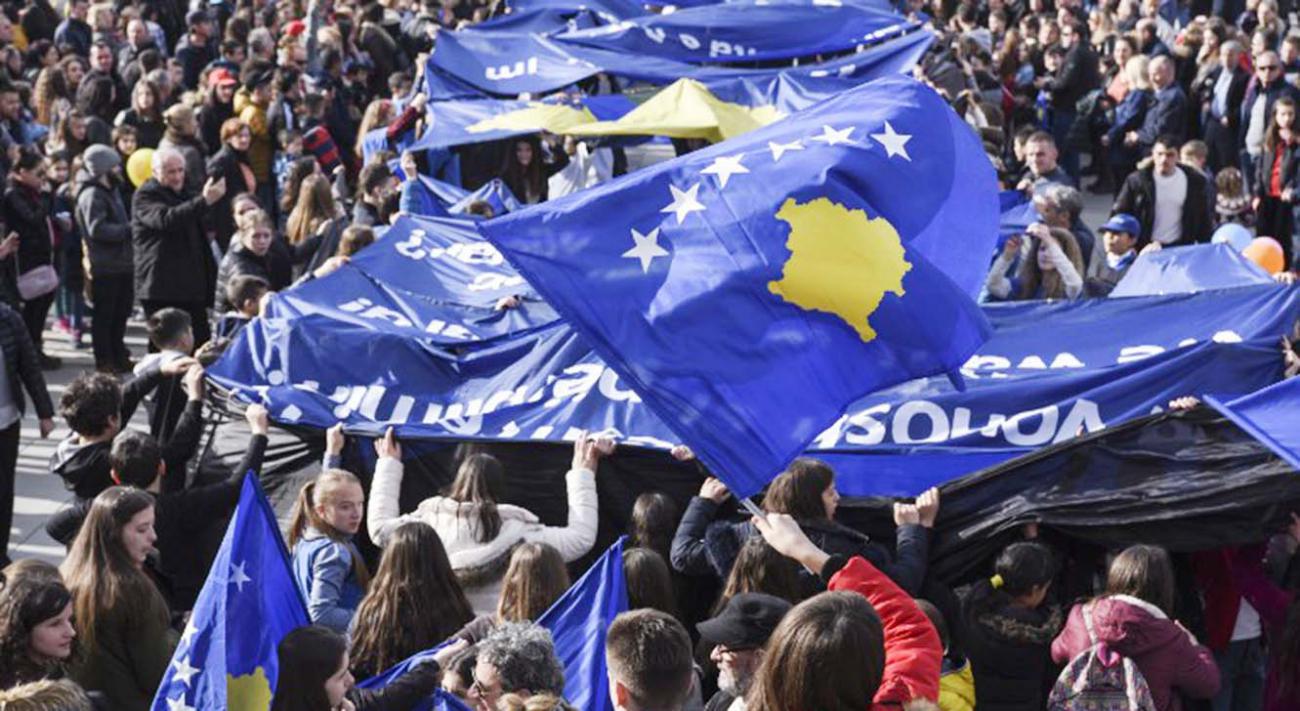Subir Bhaumik
In Bangladesh, the US is back to rattling the present government headed by Sheikh Hasina. Subdued for a while after India, China and Russia joined hands to support the re-elected Sheikh Hasina government, the US is reminding Dhaka it is not business as usual after the January 5 polls.
US ambassador in Dhaka Dan Mozena has met Opposition BNP chief Khaleda Zia several times and told the media that the US supports the Bangladesh people in their quest for democracy.
Mozena insisted on an immediate dialogue on “how to hold elections fairly” to be followed by fresh polls that are “credible and inclusive”. Hasina’s foreign policy adviser Gowher Rizvi has described these calls for fresh elections as destabilising the situation that the January 5 polls help stabilise. Mozena’s fusillade coincided with a Senate foreign relations hearing on Bangladesh, on the day Mozena met Khaleda Zia. It was titled Prospects for Democratic Reconciliation and Workers’ Rights in Bangladesh.
US Senate Committee
Senior US labour department officials told the committee that Bangladesh has not done enough to improve labour rights and safety standards so Washington should hold back on resuming the Generalised System of Preferences for 5,000 Bangladesh products that was cancelled in June last year after 1,100 ready-made garment factory workers died in the ill fated Rana Plaza collapse.
Eric Biel, the acting associate deputy undersecretary at the US labour department, admitted that there were indications of progress in some areas of the US action plan for the Bangladesh garment industry but much more needed to be done, especially in allowing workers to form unions.
Senator Robert Menendez, who heads the Senate committee, said only around 100 unions have registered so far with only 40,000 workers in its fold, of the total three million garment industry workers in the country. He said factory owners, like government, needed to appreciate that “it was difficult to sell clothing if it’s on the blood of the workers”. And Menendez was quick to warn, “Any progress we make on labour issues is taking place in a very tenuous political environment.”
The Senate hearing took to task the Hasina government for ousting Nobel laureate Muhammad Yunus as managing director of the Grameen Bank. One senator described it as a “crass political move to punish him in some way and sadly to punish millions of people who depend on that bank to survive”. US assistant secretary of state for south and central Asia Nisha Biswal echoed that sentiment saying Yunus’ ouster was a matter of “deep shame”.
Around the same time, the US-based IRI released findings of its public opinion poll in Bangladesh, that suggested most Bangladeshis were unsure of their future on account of “lack of political stability”. In the latest survey, 59% said the country was headed in the wrong direction, compared to only 35% who reported they felt the country was headed in the right direction.
US for fresh polls
In particular, a majority are also pessimistic about the economy, with 60% saying they believed it would get worse in the year ahead. The numbers were even higher concerning the issue of violence, as 71% said they believed it would worsen in the upcoming year. This survey was funded by the United States Agency for International Development and the UK’s Department for International Development. So, though the US State Department says it will work with the Hasina-led government and not cut back on development assistance, it is clear Washington will push Dhaka very hard for fresh elections.
None is in doubt that the US is keen on a regime change in Dhaka and wants the BNP to replace the Awami League in power. Mozena has made no secret of that so far. Many suspect the US may find Khaleda Zia willing to offer the US a base in the Bay of Bengal, which Hasina never will. Neither will India. When the US pushes for fresh elections in Bangladesh and plays the Generalised System of Preferences card to threaten its exports, it is likely to find support from the EU and the Commonwealth. The pressure will increase if the BNP, which boycotted the parliament elections, does well in the Upa-zilla polls that are now taking place in several phases. This is when India is busy with its parliament elections. If it ends in a fractured mandate and there’s a weak government in Delhi, India will be uncertain about facing US pressures in the neighbourhood. West Bengal chief minister Mamata Banerjee’s hostility towards the present regime in Dhaka makes the scene more complicated and raises questions on Delhi’s policy towards the Hasina government if Banerjee were to become an important factor in a ruling coalition that may be clubbed together after the polls. Hasina has gone out of her way to address India’s security and connectivity concerns in the east during her last five years in power. Leaving her to face the inevitable US wrath would do India no good.
Source: The Economic Times








